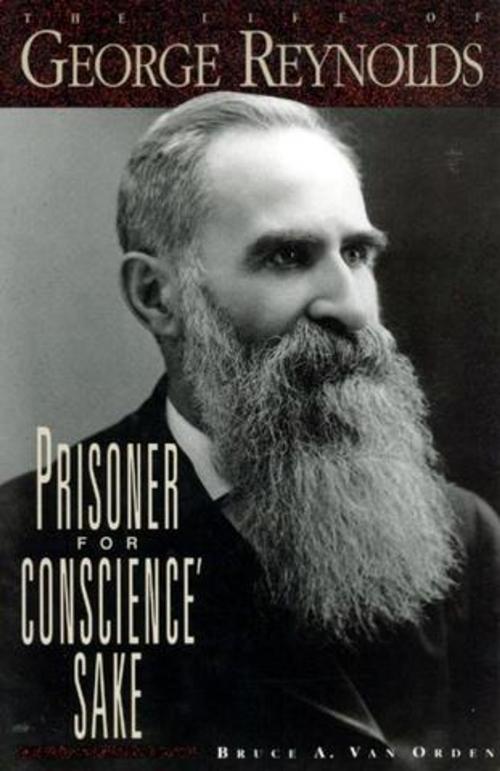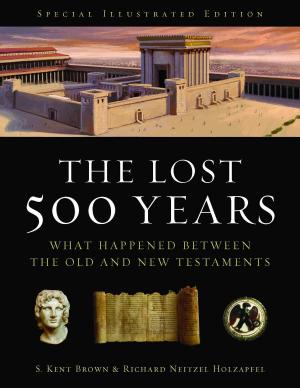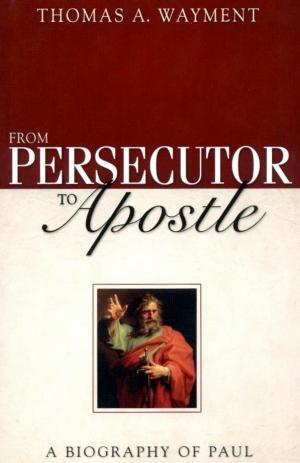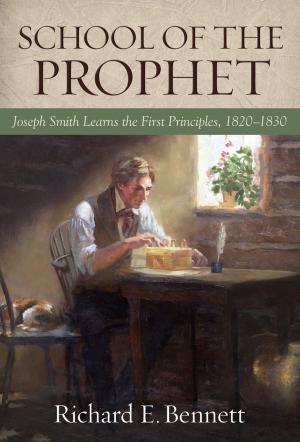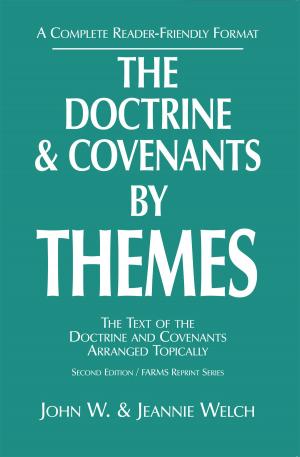Prisoner for Conscience' Sake: The Life of George Reynolds
Nonfiction, Religion & Spirituality, Christianity, Denominations, Mormonism| Author: | Van Orden, Bruce A. | ISBN: | 9781609086084 |
| Publisher: | Deseret Book Company | Publication: | January 1, 1992 |
| Imprint: | Deseret Book | Language: | English |
| Author: | Van Orden, Bruce A. |
| ISBN: | 9781609086084 |
| Publisher: | Deseret Book Company |
| Publication: | January 1, 1992 |
| Imprint: | Deseret Book |
| Language: | English |
In 1875, George Reynolds agreed to become a "test case" for the legality of polygamy. But a new prosecutor assigned to the case shifted the focus from the legality of polygamy itself to George Reynolds as a polygamist. After his obviously pregnant second wife was brought to the witness stand, the jury quickly found him guilty, and Brother Reynolds was sentenced to "one year of hard labor in the territorial penitentiary."
Before this case played itself out, he would suffer through three trials, gain nationwide notoriety in the Supreme Court case known as Reynolds v. United States, and ultimately go to prison for a year and a half—a prisoner for conscience' sake.
As important as these events were in the life of George Reynolds, they have unfortunately overshadowed his other contributions. As this biography reveals, he was much more than just a "sacrificial lamb" in the struggle over polygamy between the government of the United States and The Church of Jesus Christ of Latter-day Saints. He was, in fact, a principal player in the most important events and issues in LDS Church history in the last half of the nineteenth century.
He served as a personal secretary to five presidents of the Church (over a span of forty-four years), as a general authority, and as an architect of the Sunday School organization. From the time of his conversion in England at age fourteen to the end of his life at age sixty-seven, he occupied posts of responsibility and enjoyed the trust and confidence of the leaders of the Church.
Moreover, he was an influential thinker and a prolific writer. He contributed an enormous volume of literature to the Church and was greatly admired for his monumental Concordance to the Book of Mormon, a work of staggering detail and proportion.
But readers of this affectionate biography may very well admire George Reynolds for his traits of character as much as for his role in LDS Church history. His was a life made memorable by patience, faithful service, industry, tireless devotion, and personal sacrifice.
At his funeral, President Joseph F. Smith eulogized him: "He was faithful to every trust, and no more can be said of any man."
In 1875, George Reynolds agreed to become a "test case" for the legality of polygamy. But a new prosecutor assigned to the case shifted the focus from the legality of polygamy itself to George Reynolds as a polygamist. After his obviously pregnant second wife was brought to the witness stand, the jury quickly found him guilty, and Brother Reynolds was sentenced to "one year of hard labor in the territorial penitentiary."
Before this case played itself out, he would suffer through three trials, gain nationwide notoriety in the Supreme Court case known as Reynolds v. United States, and ultimately go to prison for a year and a half—a prisoner for conscience' sake.
As important as these events were in the life of George Reynolds, they have unfortunately overshadowed his other contributions. As this biography reveals, he was much more than just a "sacrificial lamb" in the struggle over polygamy between the government of the United States and The Church of Jesus Christ of Latter-day Saints. He was, in fact, a principal player in the most important events and issues in LDS Church history in the last half of the nineteenth century.
He served as a personal secretary to five presidents of the Church (over a span of forty-four years), as a general authority, and as an architect of the Sunday School organization. From the time of his conversion in England at age fourteen to the end of his life at age sixty-seven, he occupied posts of responsibility and enjoyed the trust and confidence of the leaders of the Church.
Moreover, he was an influential thinker and a prolific writer. He contributed an enormous volume of literature to the Church and was greatly admired for his monumental Concordance to the Book of Mormon, a work of staggering detail and proportion.
But readers of this affectionate biography may very well admire George Reynolds for his traits of character as much as for his role in LDS Church history. His was a life made memorable by patience, faithful service, industry, tireless devotion, and personal sacrifice.
At his funeral, President Joseph F. Smith eulogized him: "He was faithful to every trust, and no more can be said of any man."
